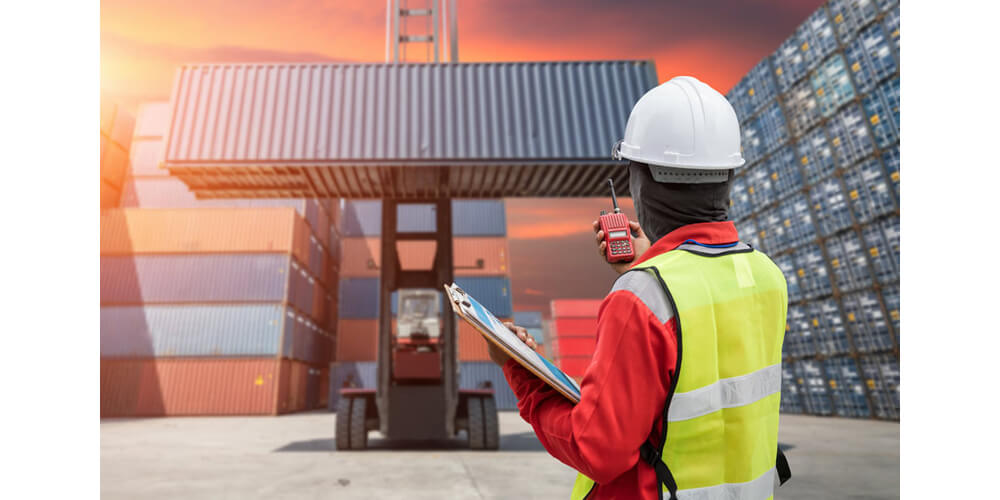Nowadays, it is almost impossible not to own something that has been made in China. China is the biggest production hub globally, and that’s a fact for more than ten years now.
Most people don’t realize that there is a long road paved with a lot of paperwork and bureaucracy for those products to come from China to their homes. One of the biggest challenges for companies exporting goods from China is customs clearance in China.
Here is an introduction to what it takes to export goods from China and some recommendations for faster customs clearance.
1. Know your import rights
When purchasing commercial goods from a foreign country, you become an importer. Whether you are importing the goods as an individual or a business, you need to know your rights.
For example, if you live in the US, you need an IRS EIN number if you are a business. If you are an individual, you need to use your SSN. In Europe, you need an EORI number, whereas you need to own a business number provided by the Canadian Revenue Agency in Canada. On the other hand, if you reside in Australia, you don’t need any import license.
The point is that each country or union, as the EU, has its regulations and procedures that need to be met to import goods from China. Knowing your rights, regardless if you are an individual or a business, is essential.
2. Check if the goods you want to import are allowed in your country
Certain products are not permitted to be imported, and there is no way around it. Because of that, it is essential to check which goods are not allowed to be imported in your country. Typically, goods that fail to meet certain health requirements, weapons, parts of weapons, or products that violate certain restrictions cannot be imported. Trying to import banned goods can be a costly mistake that can even lead to criminal charges.
3. Find a Supplier and Place an Order
Once you have reached an agreement with a supplier, ask for a quote sheet or proforma invoice. That is how you get your harmonized system number, value, and description per item. With the help of the proforma invoice, a non-binding document, you can create your budgets for your future purchases.
4. Choose a reputable freight forwarder
Logistics have never been more important than nowadays. A reputable one can guarantee fast custom clearance and smooth operations. On the other hand, going with someone not as professional as considered can increase your costs and cause shipment delays and other headaches.
5. Track the cargo and make arrival preparation
Shipping goods can take quite some time, especially when shipped by boat. Some of the entry documents needed when the shipment arrives are bill of lading, packing list, tariff classification, purchase price, arrival notice, etc.
To speed up the clearance process, you need to show invoices for each of the goods in fine order, place numbers and marks on each package, mark the right quantity of every item in every box, case, bale, or other types of packages, and so on. That makes the job of the customs officers much easier, which for you translates faster clearance.

